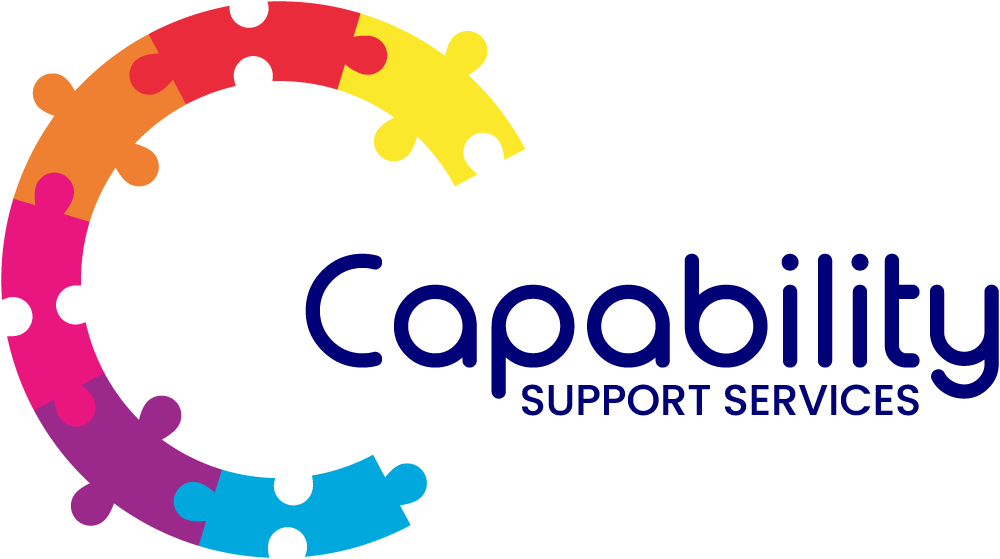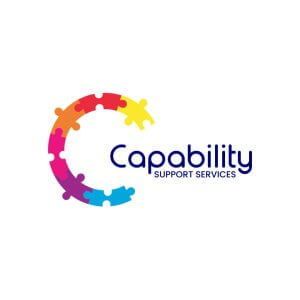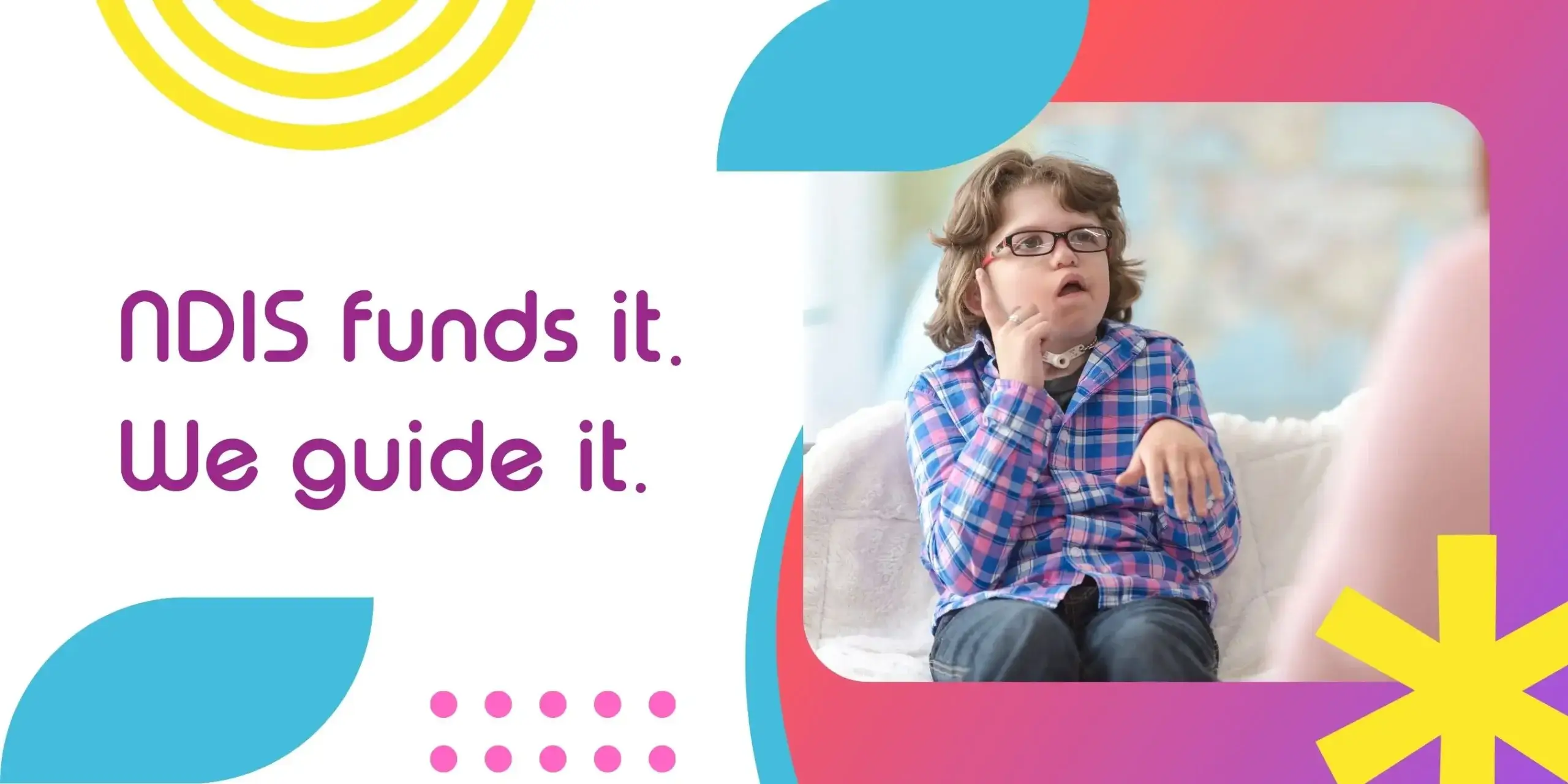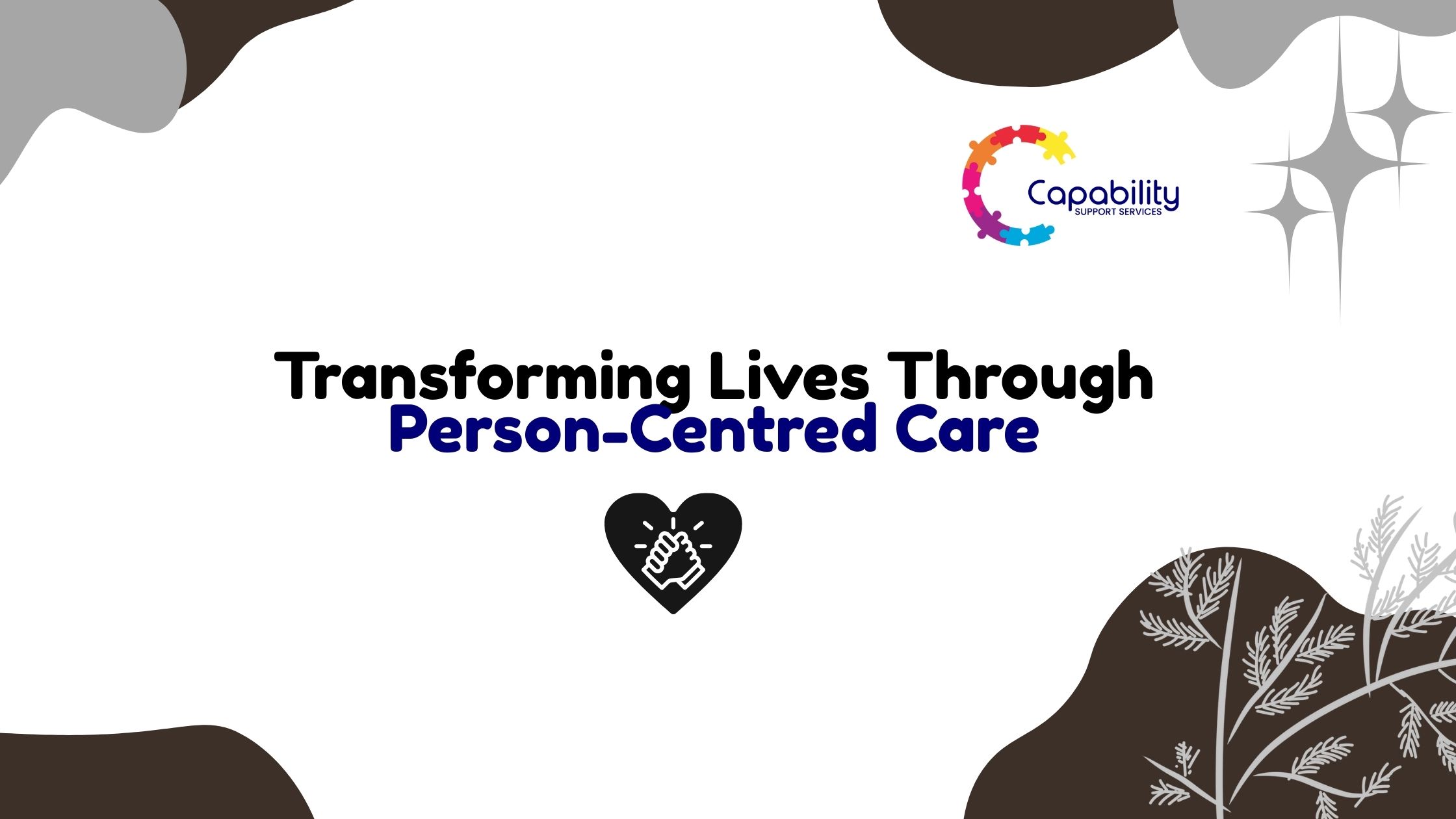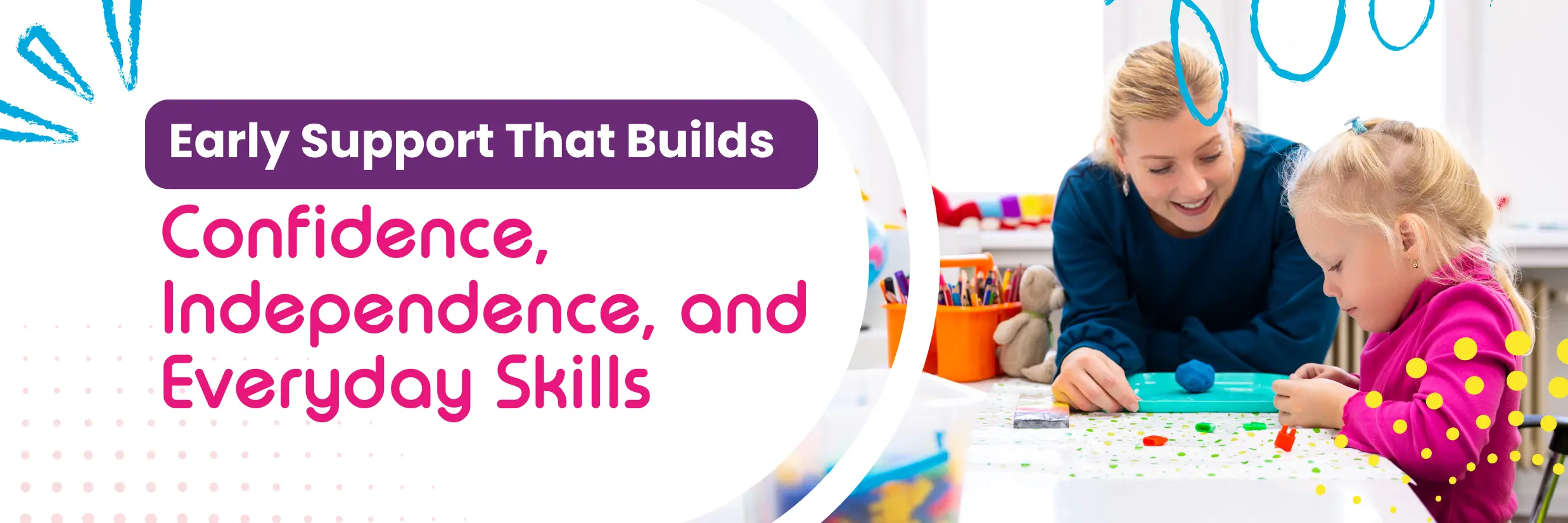It starts with some small warning signs. Maybe a child is struggling to make some sounds. Maybe an adult recovering from a stroke finds it hard to recall words. Or maybe someone on the autism spectrum is struggling with social communication. Those small or significant moments can overwhelm individuals and families. But there is a help closer than you know.
NDIS speech therapy is not all about words. It’s about making it possible to communicate, feel confident, and acquire the skills of daily life. From easier speech and hearing someone speak to conquering swallowing disorders, or coping with social conversation, NDIS speech therapy brings benefits to everyday life.
If you’re new to the NDIS or just beginning to consider therapy, having some idea of what speech therapy will be like and how to begin can be helpful. This guide takes you through the basics, step by step.
What Is NDIS Speech Therapy?
Speech therapy or speech pathology refers to helping people with the challenge of speaking, understanding language, reading, writing, social communication, eating, and swallowing. NDIS speech pathologists help people of all capacities and ages to acquire information regarding communication strategies that can help them live independently and undertake daily life tasks.
In the NDIS, speech therapy is mostly reserved for the “Capacity Building – Improved Daily Living” category. It is used in helping a variety of goals, for example, expression and receptive language skills development, or assistance for enhanced interaction in work, school, or the community.
Who is Eligible for NDIS Speech Therapy?
Speech therapy is beneficial for individuals with a wide range of conditions or diagnoses. These may include:
- Autism spectrum disorder
- Developmental delay
- Down syndrome
- Intellectual disability
- Cerebral palsy
- Stroke rehabilitation
- Acquired brain injuries
- Speech and language disorders
- Swallowing difficulties
Others may struggle with articulation or stuttering. Others may struggle with social interactions or language understanding. Even feeding aversions or voice projection can come within the scope of a speech therapist.
If communication is involved in daily challenges, speech therapy is applicable.
What to Expect in a Speech Therapy Session
Each session is individualized to address the participant’s needs, goals, and age. This is what happens in an overview:
1. Initial Assessment
The initial session is a general assessment. The therapist will interview the participant or carer, evaluate communication or swallowing function, and inquire about history, goals, and problems. This is the foundation for individualized therapy.
2. Goal Setting
Together with the participant or support group, the therapist will establish short and long-term goals. These could include better pronunciation, vocabulary development, social skills development, or learning non-verbal communication.
3. Therapy Sessions
The therapy sessions can be planned to incorporate activities, games, exercises, or conversation practice. Therapy may be playing therapy for children. For adults, therapy may involve role-playing of everyday situations, memory drills, or articulation drills. If swallowing is necessary, the therapist may also teach positioning, food texture adaptation, or muscle strengthening practice.
4. Home Practice
Home practice or exercises are also given by therapists between sessions. Practice daily is the key to progress. Family or carer support can also be helpful in such techniques to a large extent.
5. Progress Monitoring
The goals are monitored regularly by the therapist, and the plan is revised if needed. Progress through therapy, as well as transformation in day-to-day life, is the aim, too.
 How to Get NDIS Speech Therapy
How to Get NDIS Speech Therapy
Gaining speech therapy via the NDIS is a straightforward process:
1. Ensure Funding in Your NDIS Plan
Review your existing NDIS plan to guarantee that “Improved Daily Living” supports are included and funded. If you don’t know, speak with your Local Area Coordinator (LAC) or Support Coordinator.
2. Select a Speech Therapist
You can select a registered NDIS therapist, or if your plan is self-managed or plan-managed, there is a greater choice. You can select someone who has experience in your personal condition or your age group who speaks in a manner that you find professional and helpful.
3. Organize an Initial Meeting
Contact the therapist or his/her clinic and schedule a first consultation. This is where your therapy starts. Be prepared to describe your aims and any relevant reports or medical history.
4. Set a Service Agreement
A Service Agreement will be drawn up after a therapist has been selected. It describes how often therapy will occur, charges, cancellation arrangements, and report timetables.
5. Start Therapy
Once the documents are prepared, sessions may then begin. They will be made up of routine appointments, home visits, and common progress reports in order to continue the momentum.
The Role of Carers and Families
A role most often assumed by others around the participant is typically most important. Carers and families will generally attend sessions, be trained up, and assist with supporting measures at home. Families can assist by integrating therapy so that it does not remain separate from day-to-day living.
Therapists also educate families about what is typical for an age or condition and when to be concerned. Information that can provide reassurance and more direction for individuals.
Creating Life-Affirming Communication Skills
Communication challenges can affect school and employment as well as friendship and daily decision-making for many NDIS clients. Speech therapy can unlock those doors.
And it’s not just a matter of speaking. Therapists can facilitate through pictures, augmentative and alternative technology, or signs. The issue is always what is best to enable everyone to feel comfortable and confident in communicating.
Whether the aim is to use early words, to speak, or to eat safely, the process is one of a kind and valuable.
When to Begin Speech Therapy
There’s never too soon to start speech therapy. Early intervention in children will prevent lifetime delays and school unreadiness. Early intervention following a stroke or trauma in adults will hasten recovery and self-reliance.
Even if the issue appears small, investigating it sooner generally has improved results. A single consultation can determine whether and when treatment is needed and what follow-up to have.
Conclusion
Communication is life. For those who have speech or swallowing disorders, the future seems gloomy, but help is available. NDIS speech therapy makes the process of becoming more independent, having better relationships, and enjoying a better quality of life.
Capability Support Service offers skilled and empathetic speech therapy to NDIS participants of all ages and backgrounds. With personalized support, effective communication, and professional care, each participant is empowered to achieve their potential.
To find out more or to get started, call Capability Support Service today. Because every voice matters.
